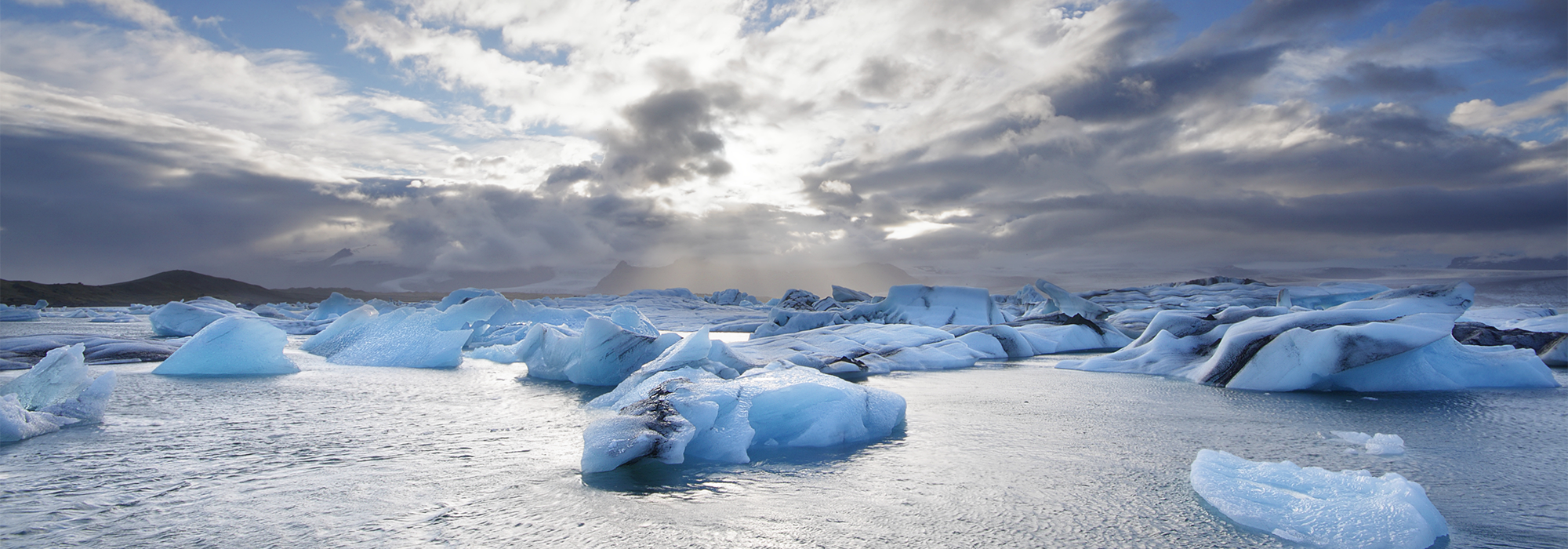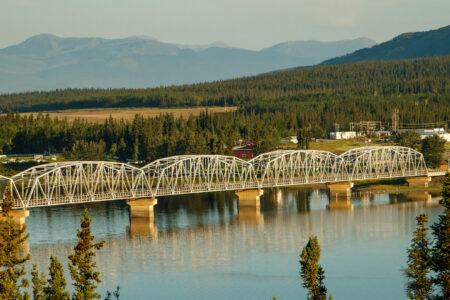
Co-written by David Miller, President & CEO, WWF-Canada and Sheila-Watt-Cloutier, Author and Inuit activist
This December, in Paris, the world needs to reach consensus about the urgency of acting to mitigate the changing climate, and agree on a path forward. In Canada’s Arctic, we are seeing the results of climatic change already.
The Arctic – with the people and species that inhabit this vast landscape – is experiencing climate change at twice the rate as the rest of the planet.
The profound and challenging changes we’re seeing in the Arctic make climate change more than an environmental issue. It’s also a social, economic, cultural and human-rights issue.
Loss of sea ice and rapid physical environmental changes are accompanied by tremendous impact on nature and wildlife. Caribou are in serious decline. Orca are being seen now in places where it was thought impossible only a few years ago, creating potentially serious impacts on species not accustomed to this predator. If not abated, the habitat for all ice dependent wildlife will be dramatically challenged. And the impact on people is equally severe: Elders and hunters are finding the weather unpredictable and dangerous as traditional access to harvesting is made uncertain by thinning ice. The impact is not just economic: an inability to safely hunt and fish has a significant cultural impact, particularly on younger generations who are taught virtues like patience, courage and leadership through these traditional ways of life.
For thousands of years, Inuit have depended on the ice, but now that it’s melting, new pressures are appearing. Oil and gas development, for example, can be considered in places where it was once considered impossible. The risks are incredibly serious – a blowout in the Beaufort Sea would spread oil as far as Russia, devastating nature and the lives of those who depend on nature for their existence. Paradoxically, of course, any oil and gas development worsens climate change, and makes the impact on the Arctic even more serious.
But we have the chance to do things right. We have a chance to develop a sustainable northern economy in a way that protects nature and people – starting by working with local communities and listening to their needs and traditional knowledge. Indigenous communities are now sustainably harvesting clean energy from the land – a modern variation on age-old practices. From wind farms above the Arctic Circle in Kotzebue, Alaska, to solar arrays in the Northwest Territories, communities are demonstrating that it is possible to overcome technical hurdles and transition from dirty and expensive diesel to renewables.
These efforts are positive. But much more can be done now that we have leadership from Ottawa.
At the UN Conference of Parties in Paris this year, Canada will play a positive role, reversing nearly a decade of obstruction. International agreement must be reached and show we are committed to saving communities and the planet by promising to phase out fossil fuels and achieve 100 per cent renewable energy by 2050.
This December, nations have the opportunity to come together to commit to real change and urgent action to reduce global greenhouse gas emissions.
Canada must no longer live under the false fear that action on climate change will compromise our economy.
Rather, we should celebrate that Canada has the unique ability to demonstrate how putting the environment first will truly benefit our economy.
The Arctic is our early warning sign of what will come if we do not act. The Arctic is also a place where we can demonstrate that it is possible to create a sustainable economy that protects the environment Northerners depend on. In Paris, Canada can begin reclaiming our role of international diplomatic leadership and be an important part of striking a deal that ultimately will not only save the Arctic but also the planet.
Originally published in the Ottawa Citizen







